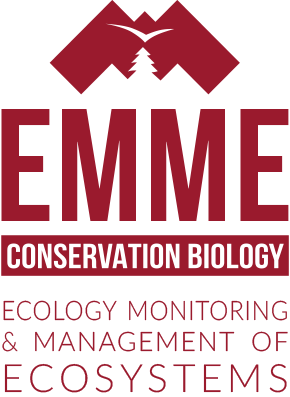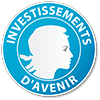Description:
This teaching unit allows students to acquire useful knowledge and skills in the practical realisation of a scientific project: research and management of national and international literature, location and management of funding dedicated to academic or non-academic (e.g. engineering company) scientific projects, and project management.
Learning Objectives:
Bibliography
Theoretical learning outcomes:
• Knowledge of the different specific resources in the field: databases, open archives, institutional sites.
• Knowledge of the different tools available and being able to organise the literature search.
• Being aware of copyright, ethics and plagiarism issues.
Technical learning outcomes:
• Defining and applying a research methodology from a subject: question, key words, syntax.
• Writing a bibliography to acceptable standards in the field in question.
• Using reference management software in order to save, organise and edit references.
Project management
Theoretical learning outcomes:
• Knowledge of the main functions and the cycle of project management.
• Knowledge of the process of call for proposals (academic and non-academic).
Technical learning outcomes:
• Writing a response to a call for proposal, with a description of the project management.
• Accompanying the work team in a management change.
• Gathering collaborators for a shared project by inducing motivation and dynamism, and developing communication around this project.
• Defining a project and its management, its components, classifications and obstacles.
• Meeting specifications of the project and taking on responsibilities related to project management.
Environmental Economy:
Theoretical learning outcomes:
• Understanding the concepts of environmental regulation tools and environmental economy .
• Understanding efficiency, cost and functioning of regulatory, economic (taxes, remediation grants, markets of rights to pollute) and informational (incentives for pollution reduction) tools.
• Being informed of tools available for environmental economists to apply environmental corrections (taxes, licenses, standards…).
• Knowledge of the basics of economic analysis of climate change (economic agreement, co-operation, stakeholder pledges, policy actions…).
• Understanding the efficiency, structure, and function of tax systems utilised in the regulation of pollution/emissions.
Prerequisites:
- Know the University Library, its collections and its services (in person and online)
- Know the main information resources and research tools: catalogues, platforms, e-books and journals, search engines.
- Find a document from a bibliographic reference: books, contributions, journal articles.
- Assess the relevance of results and validity of information.
Teaching Methods:
Lectures, seminars, independent work
Assessment:
- Individual evaluation of the literature research, management, and quote quality in the project management report.
- Report of response to virtual call for proposal, presenting the internship project and its management plan.
Coordinator:
Renaud SCHEIFLER, renaud.scheifler@univ-fcomte.fr





